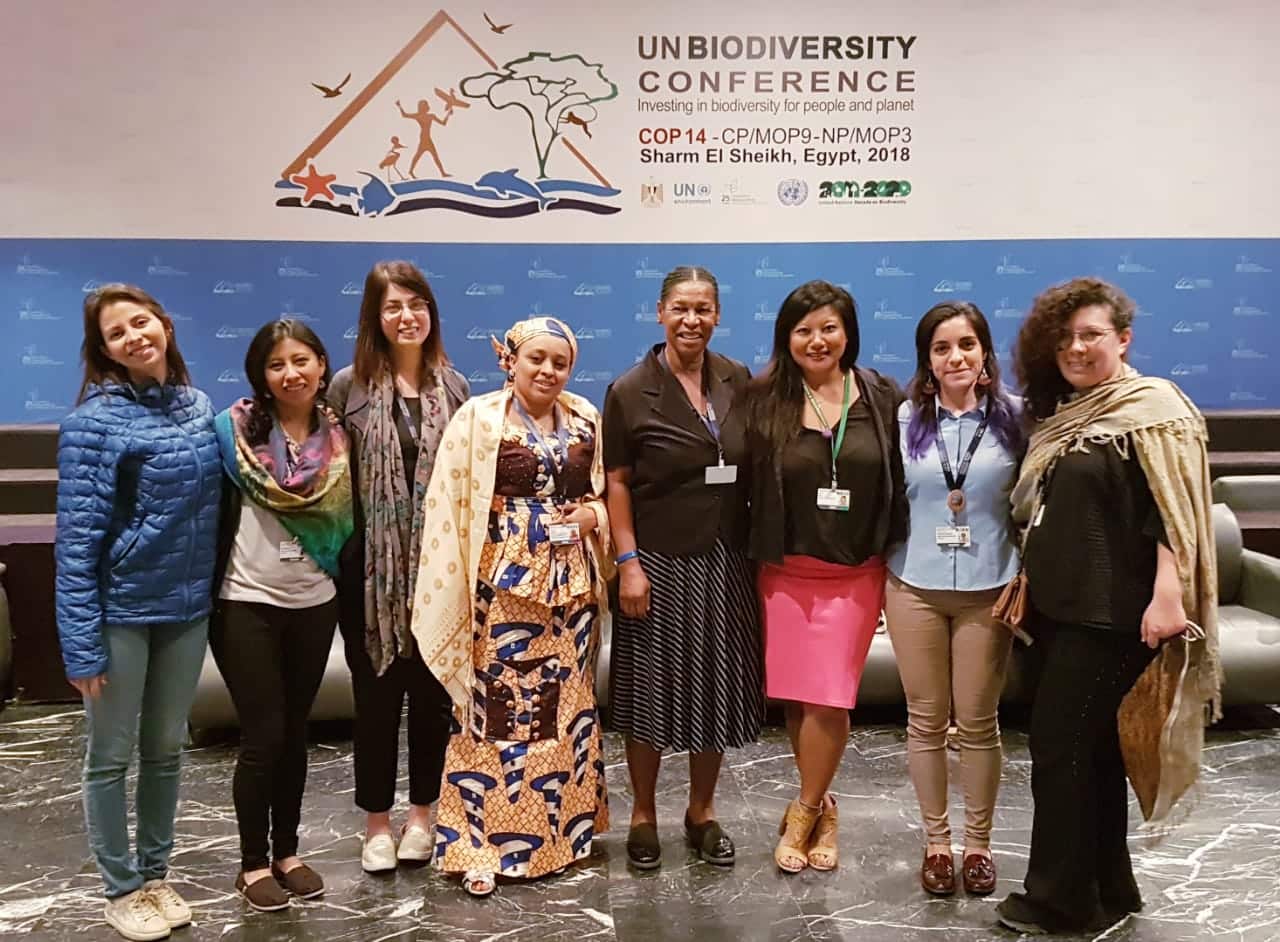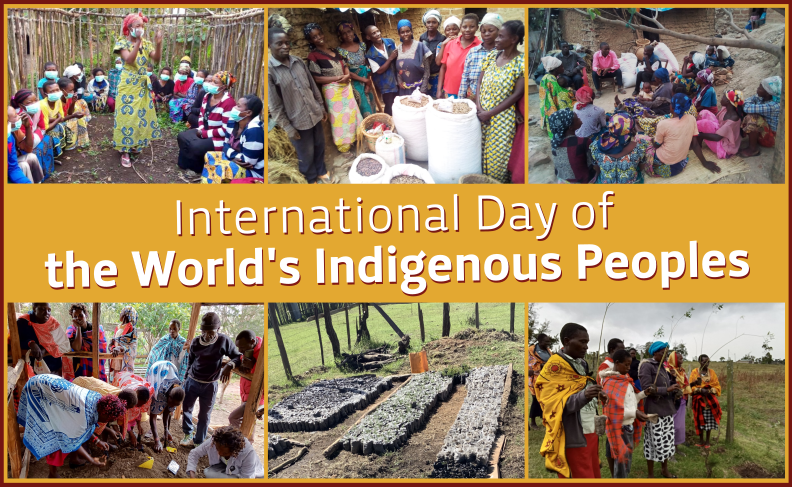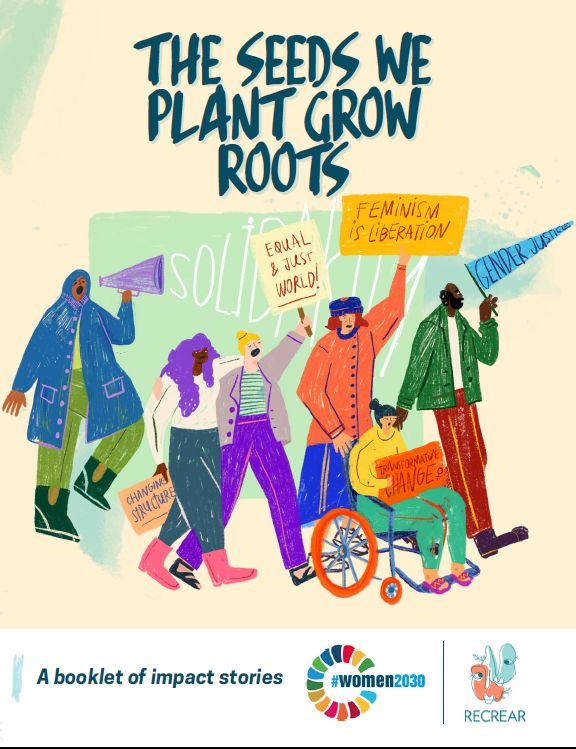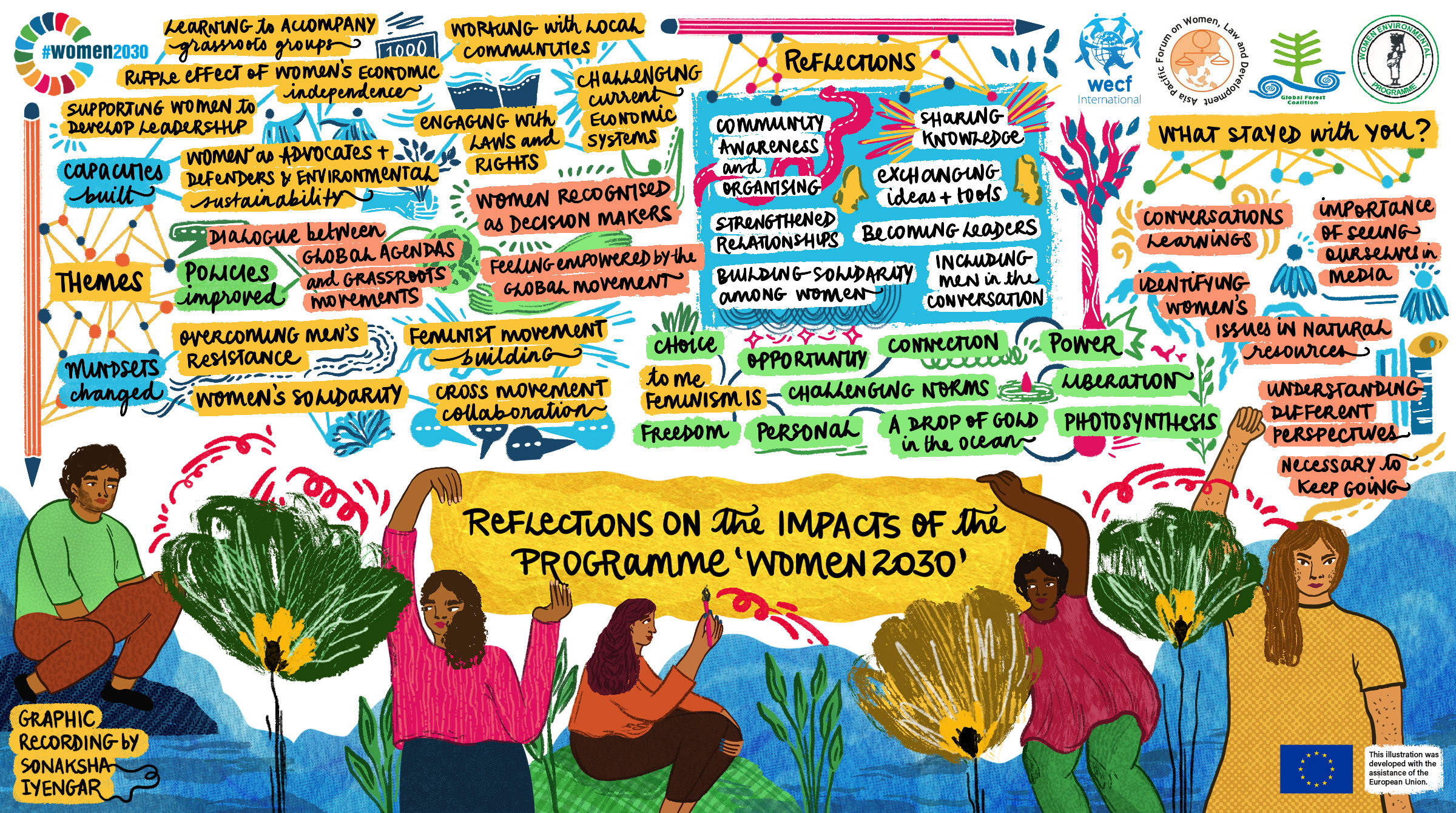por Mrinalini Rai, Global Forest Coalition
Las negociaciones dentro del marco del Convenio sobre la Diversidad Biológica (CDB) se encuentran en un momento crucial. Los gobiernos, la sociedad civil, los pueblos indígenas, las comunidades locales, las mujeres, los jóvenes y otras partes interesadas buscan el facilitar un cambio de paradigma en la relación entre el hombre y la naturaleza, desde la negligencia y el abuso hacia el respeto y la sostenibilidad. Durante la 14ª Reunión de la Conferencia de las Partes (CDB COP14) del CDB que se celebró en Sharm-El-Sheikh, Egipto, del 17 al 29 de noviembre de 2018, la Coalición Mundial por los Bosques (GFC por sus siglas en ingles) y nuestros aliados, trabajaron para lograr este cambio.
Continuar leyendo en inglés …
Key to COP14 was the launch of a vital negotiation process on its Post-2020 Biodiversity Framework, aspects of which are described in more detail below. It was also marked by the adoption of a large number of very helpful decisions which recognise the importance of community conservation initiatives and related traditional knowledge in biodiversity conservation, and the need to redirect subsidies and perverse incentives that harm biodiversity towards support for community conservation. In light of this, CBD COP 14 could even be seen as the start of “a new era of conservation”, as described in an article by our policy advisor Holly Jonas and her colleague Harry Jonas on decisions taken at the COP related to Indigenous Peoples’ and community conserved territories and areas.
Also on the agenda was the Gender Plan of Action which negotiating Parties considered and approved without any difficulties, and was another significant achievement. As part of the final decision, the COP requested that the Secretariat (subject to availability of resources) undertake a review of the implementation of the 2015-2020 Gender Plan of Action to identify gaps, best practices, and lessons learned, and to organise regional workshops on the linkages between gender and biodiversity, and include the results of these workshops in regional consultations for the Post-2020 Biodiversity Framework.
Disappointingly though, the decision fell short of making concrete recommendations for Parties to undertake, only “Encouraging” them to do so. What is important now is to ensure that Parties go beyond merely reporting on gender-responsive plans and actions in their National Biodiversity Action Plans, but also include gender-responsive indicators in the development of the Post-2020 Biodiversity Framework.
On a similar theme, the decision on safeguards in biodiversity financing mechanisms welcomes the Global Environment Facility’s process to upgrade its environmental and social safeguards, as well as implementing its new gender strategy, the results of which would be applied to all projects funded by the Facility. In addition, the COP requested that the Working Group on Article 8(j) (which is tasked with enhancing the role and involvement of indigenous and local communities in the achievement of the objectives of the CBD) consider developing a Post-2020 safeguards framework specifically for Indigenous Peoples and local communities, and including gender equality as part of it.
Another decision that included gender-responsive measures was the decision adopted on scenarios for the 2050 Vision for Biodiversity, which invites the scientific and other relevant communities to take account of the contributions of the collective action of Indigenous Peoples and local communities, as well as a gender perspective, in the development, implementation and monitoring of the Post-2020 Biodiversity Framework. Similarly, the decision on the process for the preparation of the Post-2020 Global Biodiversity Framework urges Parties to consider advice to enable it to be gender-responsive and gender-balanced.
Although the decisions outlined above contribute directly to increasing gender responsiveness, work is still slow in terms of ensuring the equal and active involvement of women in the processes and decisions that impact them. There is still a long way to go, given how women are disproportionately impacted by biodiversity loss. This is also compounded by gender-blind conservation measures that lack responsive safeguarding measures, and which could otherwise ensure equitable access to the benefits of conservation measures, such as rights to land and territories. There is therefore a clear need to develop and align gender-responsive indicators across sectors and multilateral environmental agreements, so that there is more coherence between them and to ensure an inclusive process.
GFC participated throughout in the CBD’s Women Caucus, which calls for gender equality to be a guiding principle in CBD decision-making, and makes recommendations based on broad participation from women’s groups around the world. At the closing of COP14, the Women’s Caucus urged Parties to eliminate the root causes of inequalities, human rights violations, unsustainable development and drivers of biodiversity loss. It also urged Parties to engage with and support women in developing gender-responsive indicators and action plans, and to apply a gender lens when reporting on their commitments to the CBD process. And it stressed the importance of ensuring the full, effective and meaningful participation of women’s groups in their national and regional processes, including at COP15 in 2020. The message from the CBD Women’s Caucus is clear: “gender is not Plan B!”




